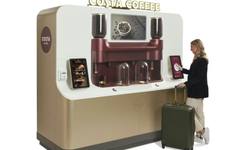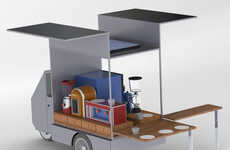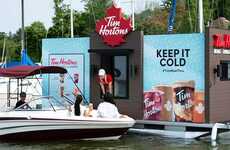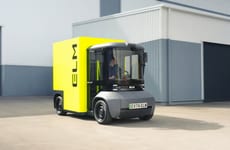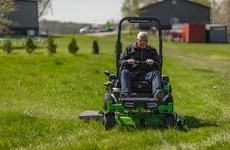
Café William Introduced TOWT, a Sustainable Sailing Cargo Ship
Debra John — September 24, 2024 — Eco
References: marinetraffic & cafewilliam
Café William has partnered with TransOceanic Wind Transport (TOWT) for the inaugural voyage of the largest modern sailing cargo ship. This journey will "transport the equivalent of 50 shipping containers filled with green coffee beans, including beans from Colombia's ANEI cooperative to Québec; by using TOWT’s wind-powered vessels, Café William is advancing its efforts to reduce the environmental impact of coffee transport, moving 10 times more beans compared to its previous trial voyage."
This marks the first TOWT voyage to Canada and the largest wind-powered cargo transport of the 21st century. A portion of the cargo includes beans from the ANEI cooperative, which "has supported Colombia's Indigenous communities for over a decade and is certified organic and Fairtrade."
Upon arrival, the coffee beans will be processed at Café William's facility in Québec, home to the world’s first fully electric industrial coffee roaster, further underscoring Café William's focus on sustainable operations.
Image Credit: Café William
This marks the first TOWT voyage to Canada and the largest wind-powered cargo transport of the 21st century. A portion of the cargo includes beans from the ANEI cooperative, which "has supported Colombia's Indigenous communities for over a decade and is certified organic and Fairtrade."
Upon arrival, the coffee beans will be processed at Café William's facility in Québec, home to the world’s first fully electric industrial coffee roaster, further underscoring Café William's focus on sustainable operations.
Image Credit: Café William
Trend Themes
1. Sustainable Cargo Shipping - Leveraging wind-powered vessels for transporting goods can drastically lower the carbon footprint compared to conventional shipping methods.
2. Eco-friendly Coffee Supply Chains - Organic and Fairtrade-certified beans transported via green methods emphasize a holistic approach to sustainable coffee production.
3. Electric Coffee Roasting - Utilizing fully electric industrial roasters highlights a commitment to minimizing emissions in coffee processing activities.
Industry Implications
1. Maritime Transport - The integration of wind-powered vessels points towards greener alternatives in the shipping industry.
2. Coffee Production - Sourcing beans through sustainable and ethical partnerships showcases a shift towards responsible coffee production practices.
3. Renewable Energy Technology - Adopting electric roasting technology could inspire widespread use of renewable energy solutions for industrial processes.
4.9
Score
Popularity
Activity
Freshness

